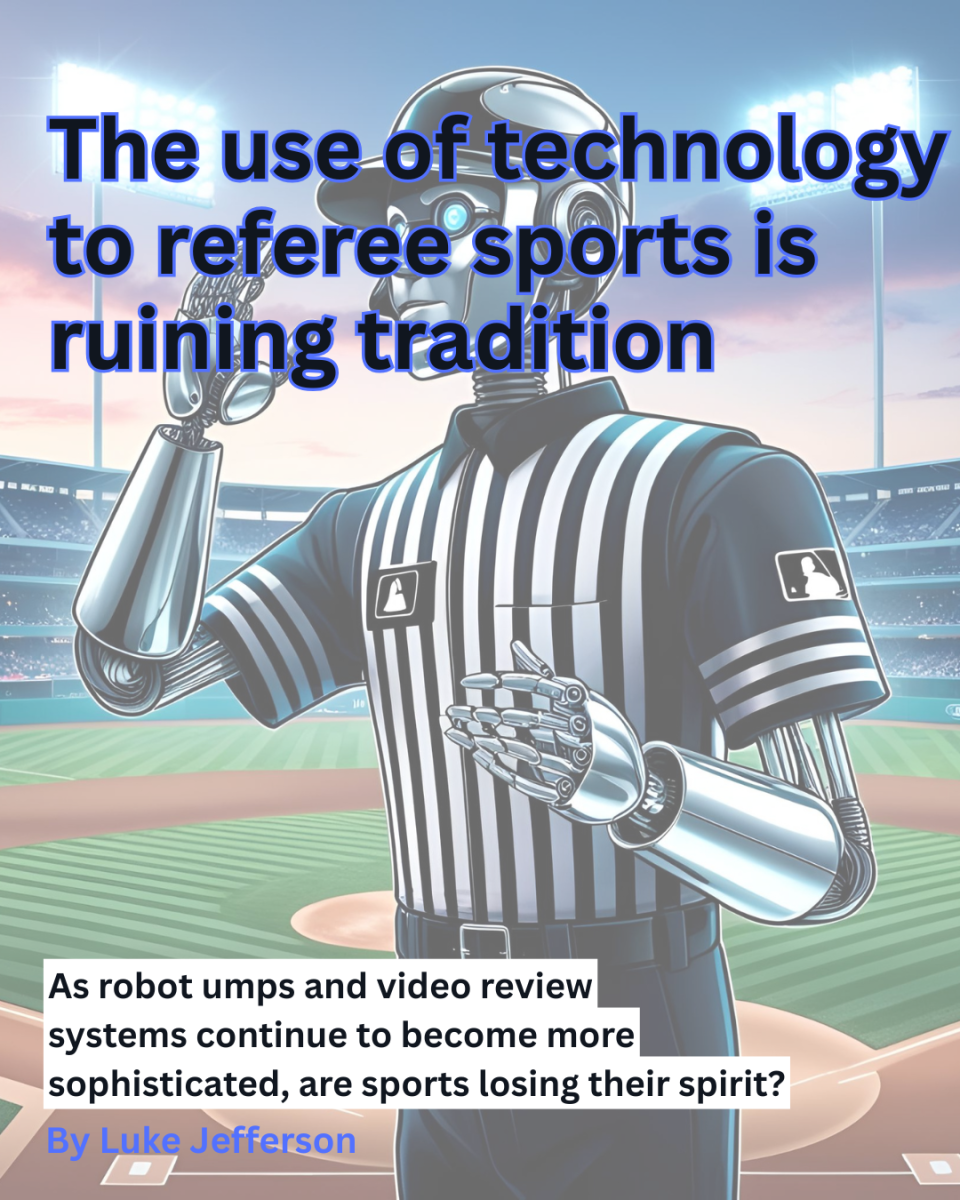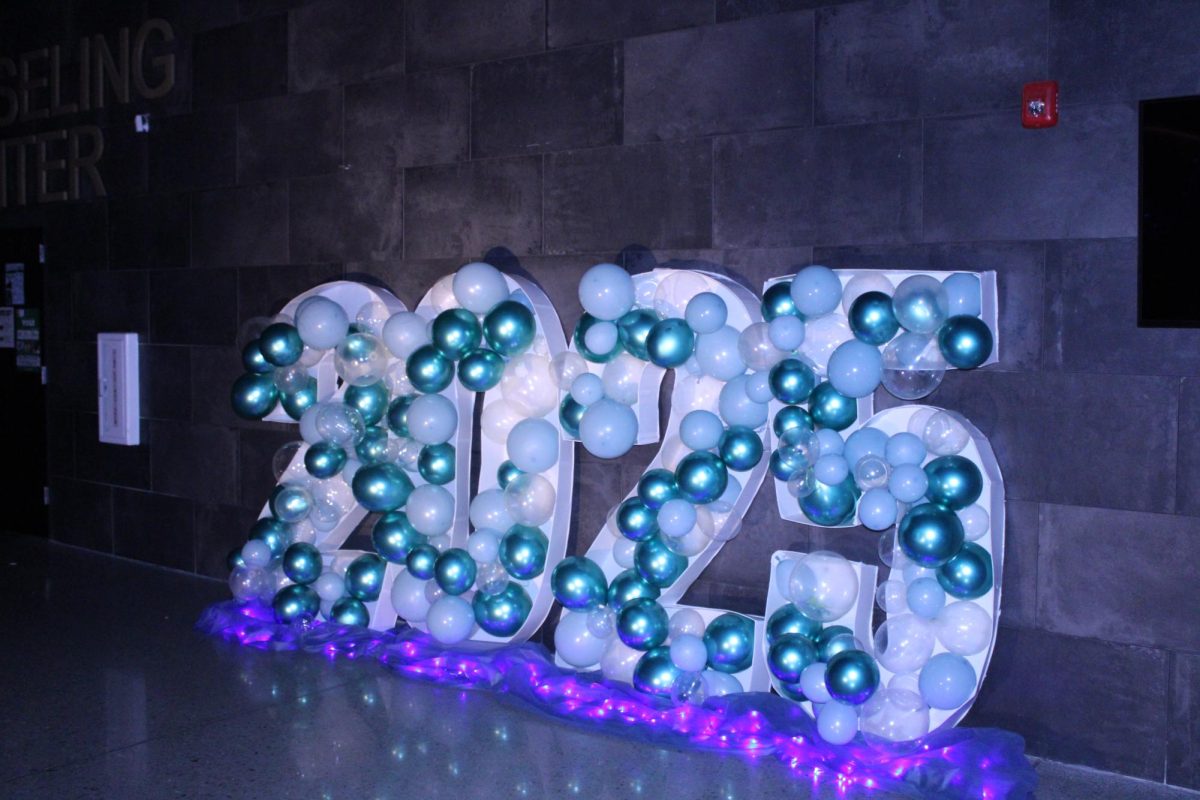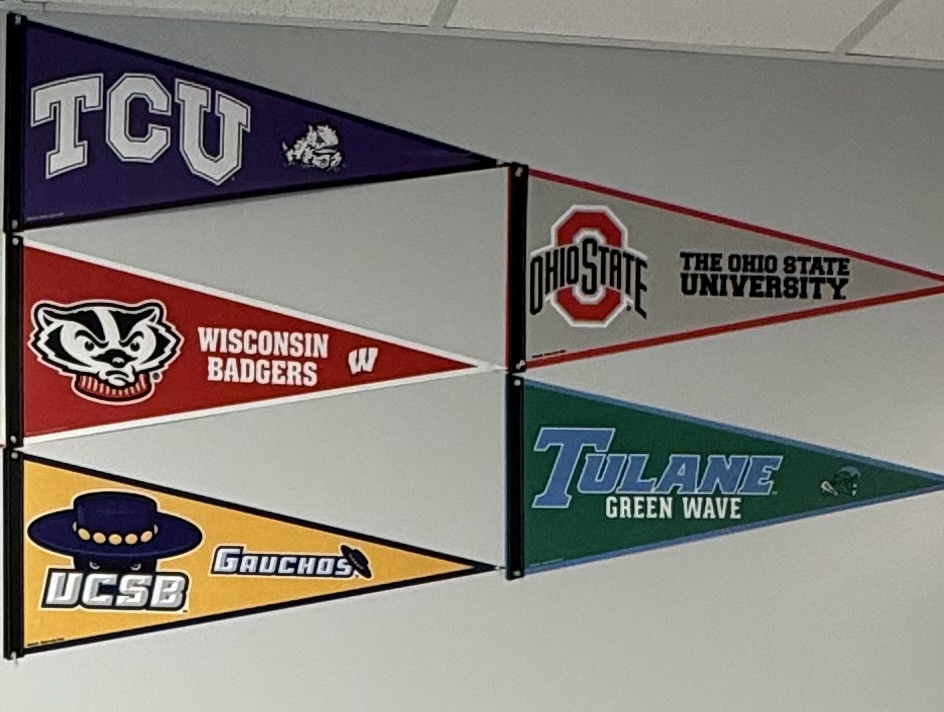Everyone knows the boiling frustration that can happen when a referee appears to blow a call.
“IS HE BLIND!!??,” some fans say. Others will chime in, “I know they placed a bet on this game!”
Refereeing can be one of the most controversial parts of sporting events. And now with new AI additions in some leagues, the world of sports has never been more advanced when it comes to officiating. In the last decade massive professional sports leagues around the world like the English Premier League, ATP, MLB, NFL, and many others have tried and implemented new technology that is designed for increased accuracy in officiating.
Soccer uses the VAR system (Video Assistant Referee) that is used after every goal to see whether the attacking team was offside. Tennis uses the Hawk Eye system to pinpoint where the ball landed and removes the need for line judges. The NFL uses video replays to make sure they get the call right. MLB introduced the pitch clock in 2023 and is thinking about implementing robotic umpires that would function very similarly to the Hawk Eye system in tennis, with balls registering on the strike zone and removing the need for umps.
There is just one huge problem with all these additions: They strip away the soul of the game. While they will certainly help their respective sports become more fair and concrete with the officiating, they take away the human element that makes these games so much fun.
To me, baseball is the biggest potential offender. I was and still am a hater of the pitch clock because it removes the most important thing about baseball: there is supposed to be no clock. Instead, it has eliminated the absolute focus sustained for long periods of time and removed mind games between the pitcher and the batter. The pitch clock has given us a version of baseball that feels watered down and rushed.
The fact that robotic umpires could also be coming too upsets me. According to The Athletic, robot umpires could be seen in MLB games as early as 2026. The human element of the umpires and their different strike zones meant there could be strategy. With robotic umps, say goodbye to catcher framing and trying to paint corners, because a motion camera is now the ultimate authority on the baseball diamond.
Football has also gone off the deep end in their use of technology. College football is my favorite sport but constantly having to sit through lengthy replay reviews is infuriating. No one wants to spend their Saturday listening to a rules analyst explain why a targeting call could be 50/50 and that the refs need to take their time and get it right. Sometimes the officials need to realize that it really doesn’t matter if the running back gained 2 more yards after he appeared to step out of bounds.
Another big reason for sports leagues to press pause on this new technology is it can be downright wrong. There have been instances of this tech being confused with a situation and making something up on the spot because it needs to be quick. A motion tracker at an NBA game once thought a player shooting a 3 pointer was nowhere near the court, according to the Scientific American. Think about what would happen if a machine is obviously wrong? Would it still go down as the ruling? Even worse, what if a machine glitches or has a bug that causes delays.
In the end, technology advancing and taking full control of officiating is inevitable and will happen sooner than people may realize. However I worry that the spirit of the game and the pure sport element will be lost forever as sporting events become a hollow form of what they used to be.














